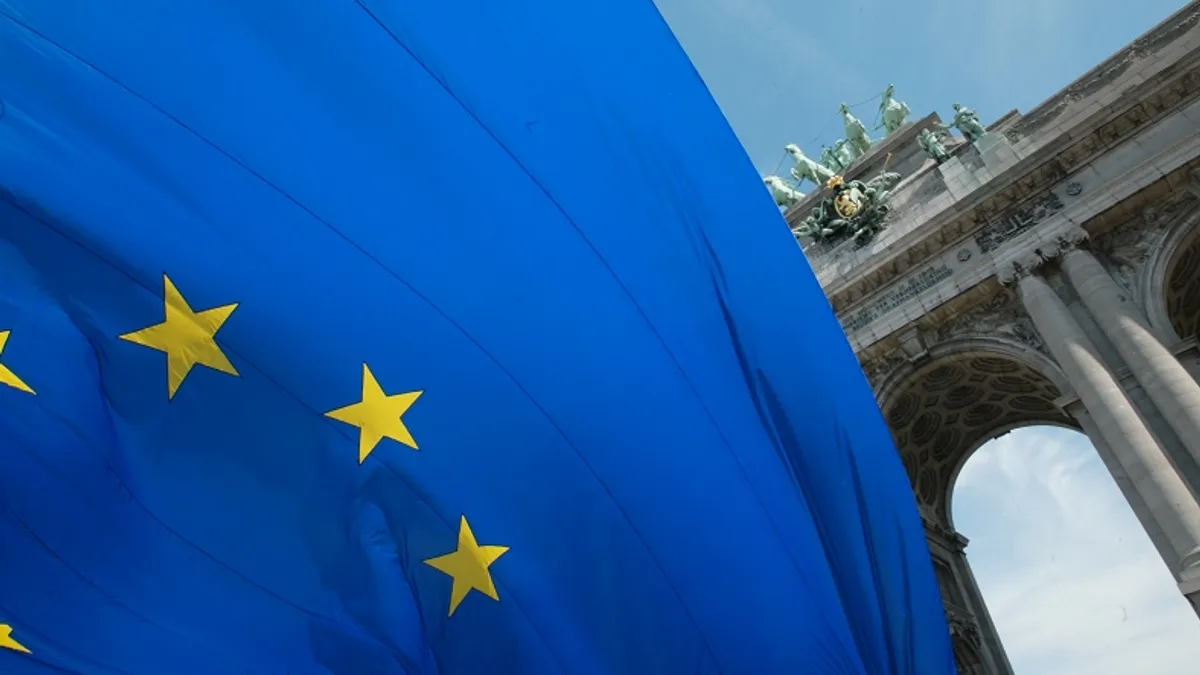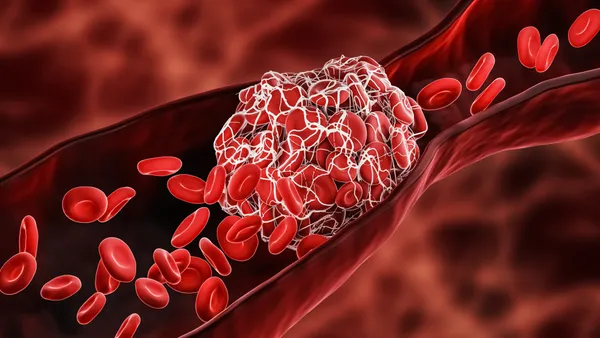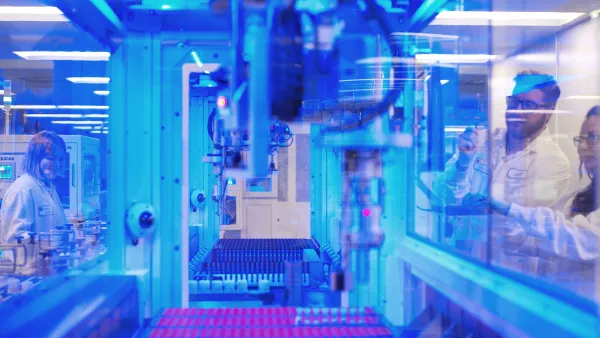Dive Brief:
-
Dekra Germany is the first notified body designated by the European Commission under the In Vitro Diagnostic Regulation, with its official listing appearing in the NANDO database.
- According to a social media post from a senior manager at industry group MedTech Europe, nine other NBs are currently being evaluated in the IVDR sector, with another likely to be designated "soon" under IVDR.
- Françoise Schlemmer, director of Team-NB, the European Association of Notified Bodies active in the medical device sector, told MedTech Dive European Commission representatives have confirmed they expect to have a total of 20 NBs designated by year's end.
Dive Insight:
Device makers have been worried about the sluggish pace of NB designation under both the MDR, slated to take effect in just over seven months May 26, 2020, and the IVDR, which takes effect May 26, 2022.
To date, just five NBs have been designated under MDR. BSI last month became the first NB to certify a device under the new regulation.
The head of the European Commission indicated earlier this year he expected 20 NBs to be designated by year's end. Until now, none had won designation under the IVDR.
"We need the IVDR NB system to grow very quickly," Oliver Bisazza, director for regulations and industrial policy at industry group MedTech Europe said earlier this year.
The device community cheered the designation under the IVDR.
"At long last! Congratulations to DEKRA Germany," Bisazza, wrote on LinkedIn Thursday.
"As an association, we are very happy to have one of our members designated first against the IVD regulation," Schlemmer told MedTech Dive Thursday.
Until now, the lack of any NB designated to review IVDs meant a complete roadblock to marketing the products in Europe under the new regulation.
Any notified body charged with looking at IVDs will need to hire and train people, which will take time.
"IVD regulation as a whole is much more of a revolution than the MDR," Bisazza told MedTech Dive.
The IVDR regulation will encompass a huge amount of devices that previously didn't require NB review.
Under the current regulatory regime, approximately 90% of the IVD industry can self-certify. But with the new law, that percentage flips, with up to 90% requiring a notified body, according to information on NB BSI Group's website.
The EU defines IVDs or companion diagnostics as in vitro diagnostic tests that support the safe and effective use of a specific medicinal product, by identifying patients that are suitable or unsuitable for treatment. They're a subset of the broader medical device category and can include clinical tests that analyze samples from the human body to detect disease.












